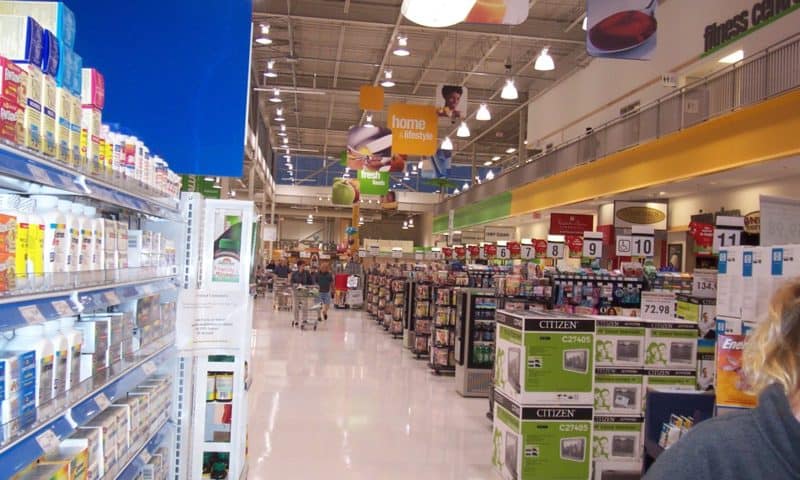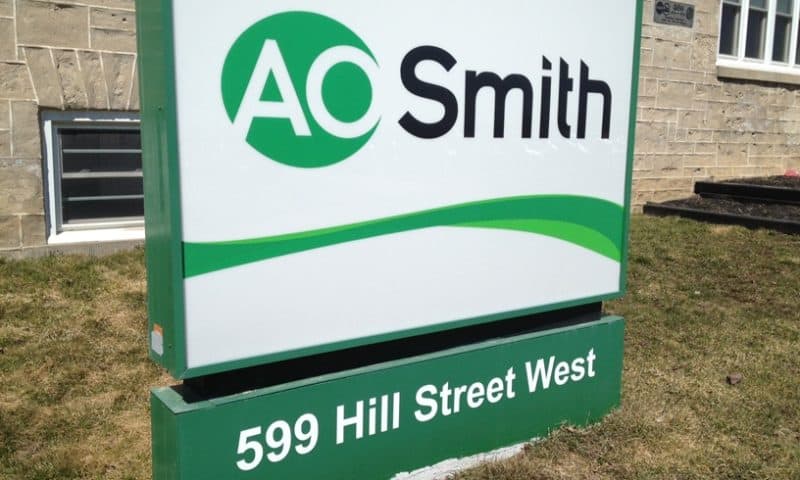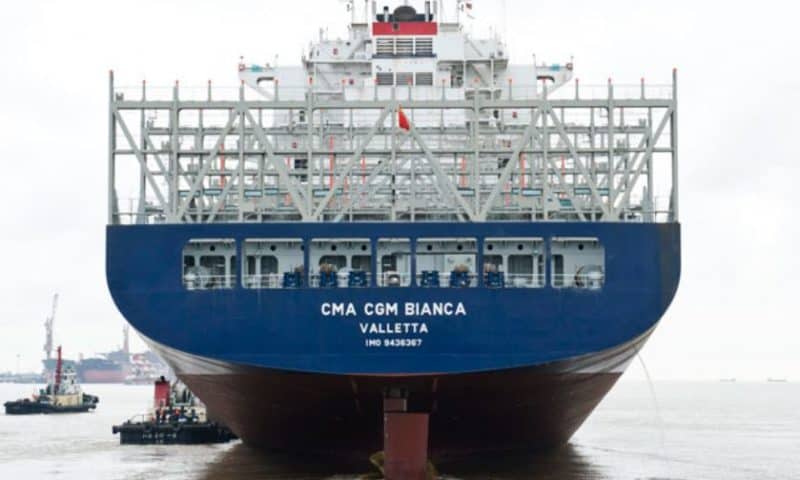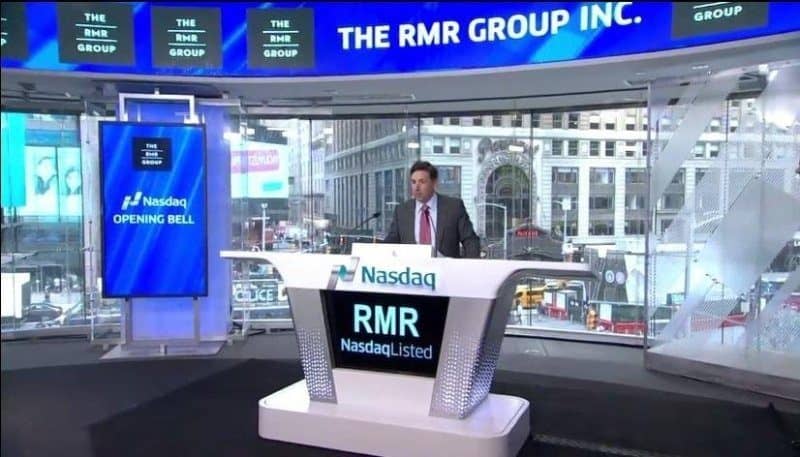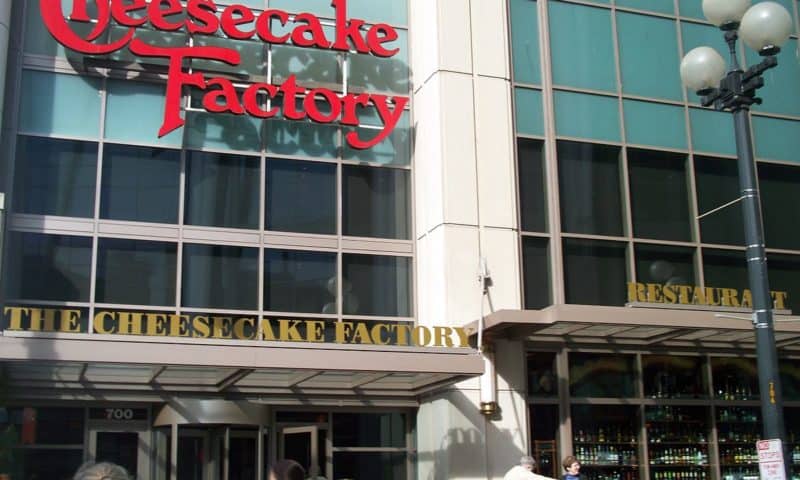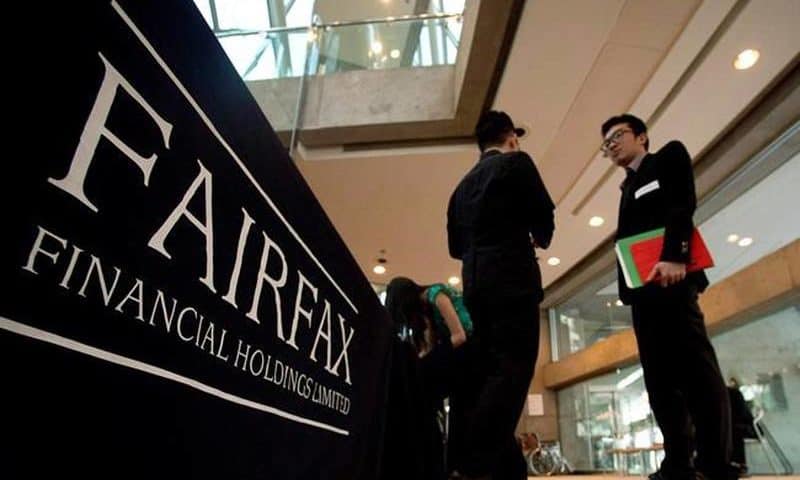Stage Stores Inc. (SSI) Plunges 6.03% on February 25
Stage Stores Inc. (SSI) had a rough trading day for Monday February 25 as shares tumbled 6.03%, or a loss of $-0.07 per share, to close at $1.09. After opening the day at $1.18, shares of Stage Stores Inc. traded as high as $1.18 and as low as $1.04. Volume was 299,889 shares over 553 trades, against an average daily volume of 278,788 shares and a total float of 28.29 million.

